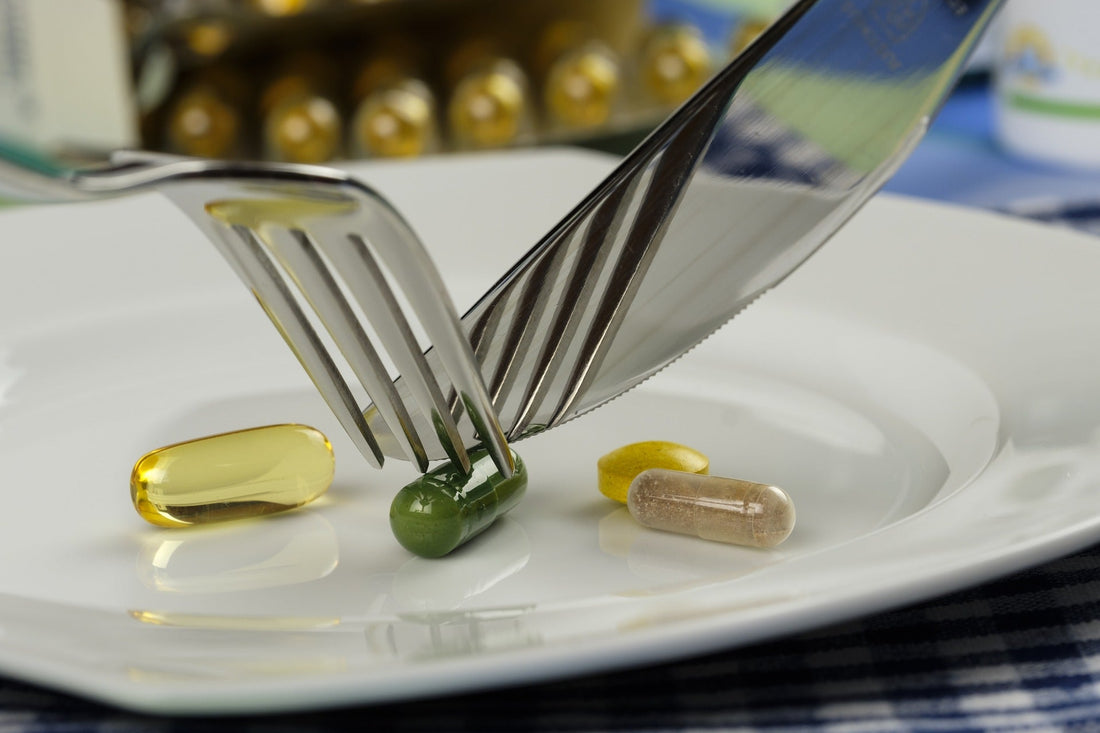
Is it okay to take food supplements?
Share
Many leading health organisations, such as the NHS, the FDA and EUFIC (the European Food Information Council), advise that taking food supplements is unnecessary.
Also, as food supplements are unregulated, their benefits can be uncertain and there are circumstances in which they could actually be detrimental. For example, too much iron can cause sickness and vomiting and may even damage your organs, vitamin K can reduce the effectiveness of blood thinners, and niacin can cause skin reactions.
Unexpected additives may also be a problem: were you aware, for example, that effervescent vitamin supplements can contain up to 1 gram of salt per tablet? The RDA per adult is no more than 6g per day.
Of course, there are times when essential supplements may be prescribed by doctors or nutritionists for specific medical conditions – iron supplements are often recommended for menstruating women who are suffering from anaemia - but if you have ruled out any underlying health issues and are simply looking to boost your overall physical and mental performance, it’s more effective to review your diet than to reach for supplements.
By making our organic raw wheatgrass juice a regular feature of your daily food intake, you are consuming a drink that is naturally nutrient-rich in vitamins A, B5, B12 and E, chlorophyll, minerals, enzymes and amino acids, which can contribute to:
- Maintaining energy level
- Reducing fatigue
- Improving physical and mental performance
- Supporting a healthy immune system
Remember that we offer a 110% money-back guarantee on your first one-month order if you don’t feel the health benefits of our fresh wheatgrass juice within one month, so you have nothing to lose and everything to gain.

